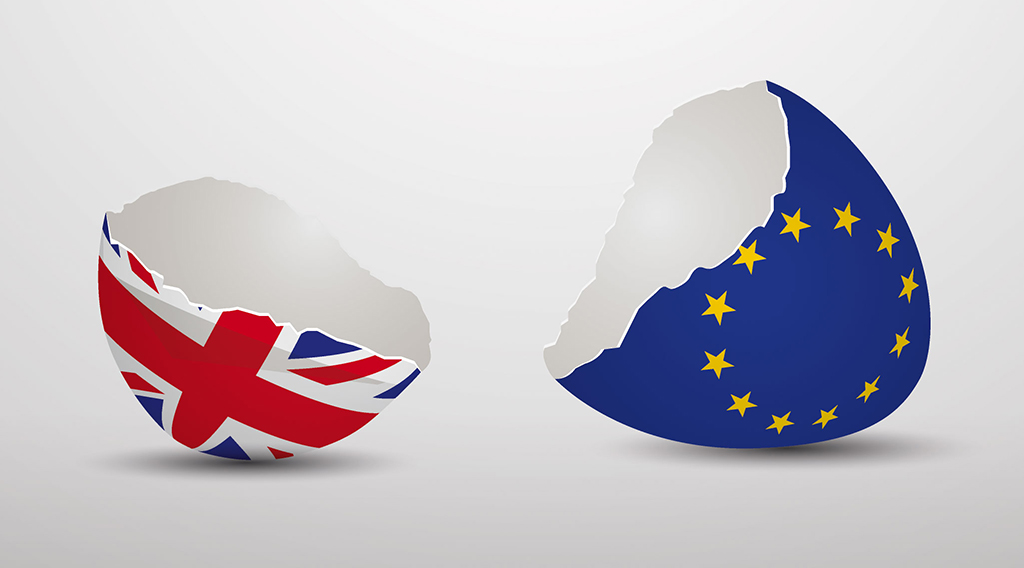
How can we ensure criminal justice co-operation with the EU post-Brexit, asks Andrew Langdon QC
Recently I gave evidence before the Home Affairs Sub-Committee of the House of Lords EU Committee which has been considering criminal justice co-operation with the EU after Brexit. The session focused on the European Arrest Warrant (EAW). We were engaged in answering anxious questions from their Lordships about how the UK might preserve a system of extradition within the EU that seemed to be working so well between member states.
Compared to a relative trickle a decade ago, we currently surrender over one thousand subjects a year to other member states of the EU. They in turn surrender about one hundred and fifty a year to us. The process is short. It does not, as used to be the case, involve a long-winded and unpredictable interaction between diplomats and governments, but has become a streamlined judicial process involving mutual recognition of the jurisdictions and rights of all citizens of Europe.
In the balance
All that, of course, is now in the balance. While making positive noises about











